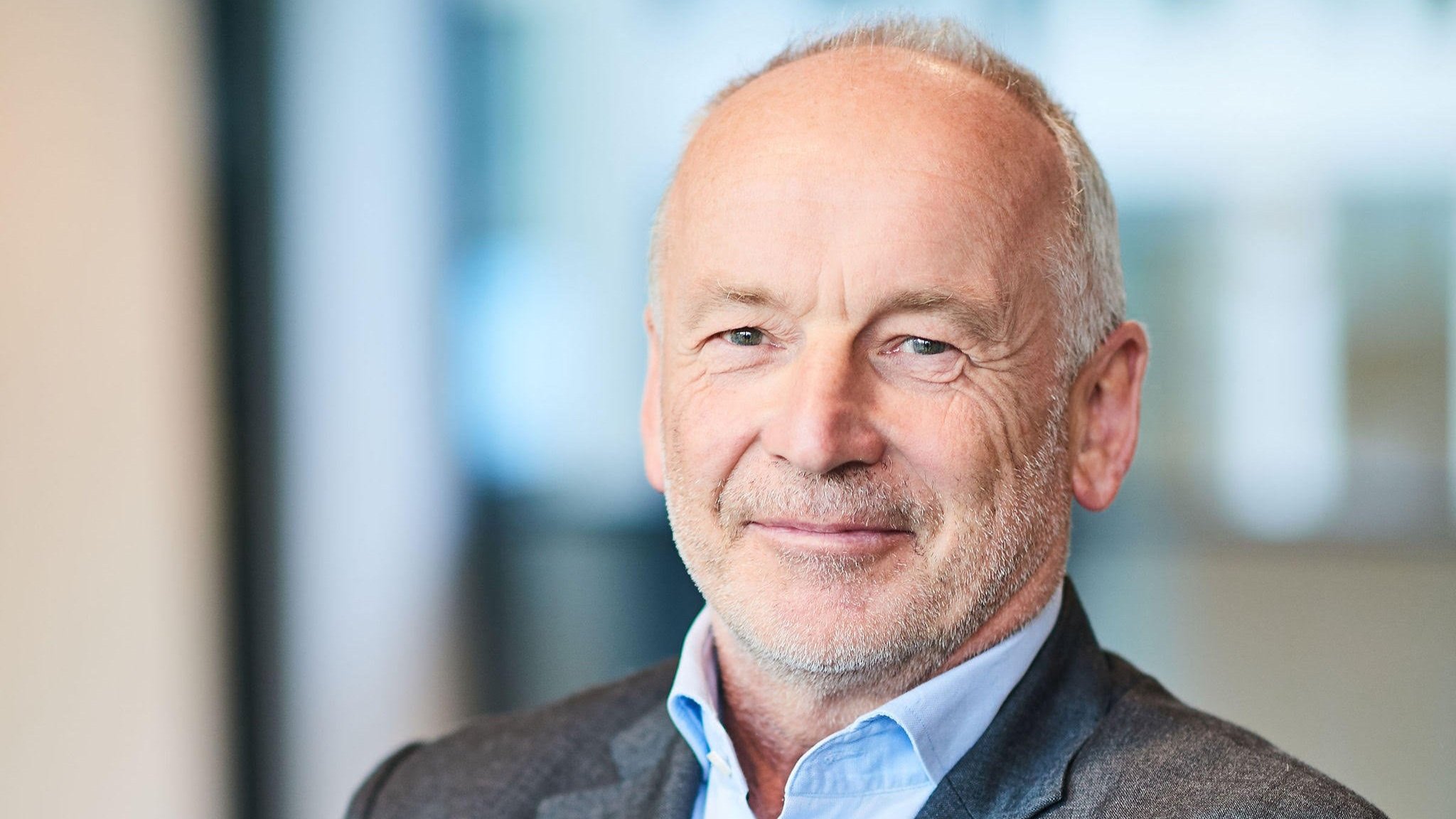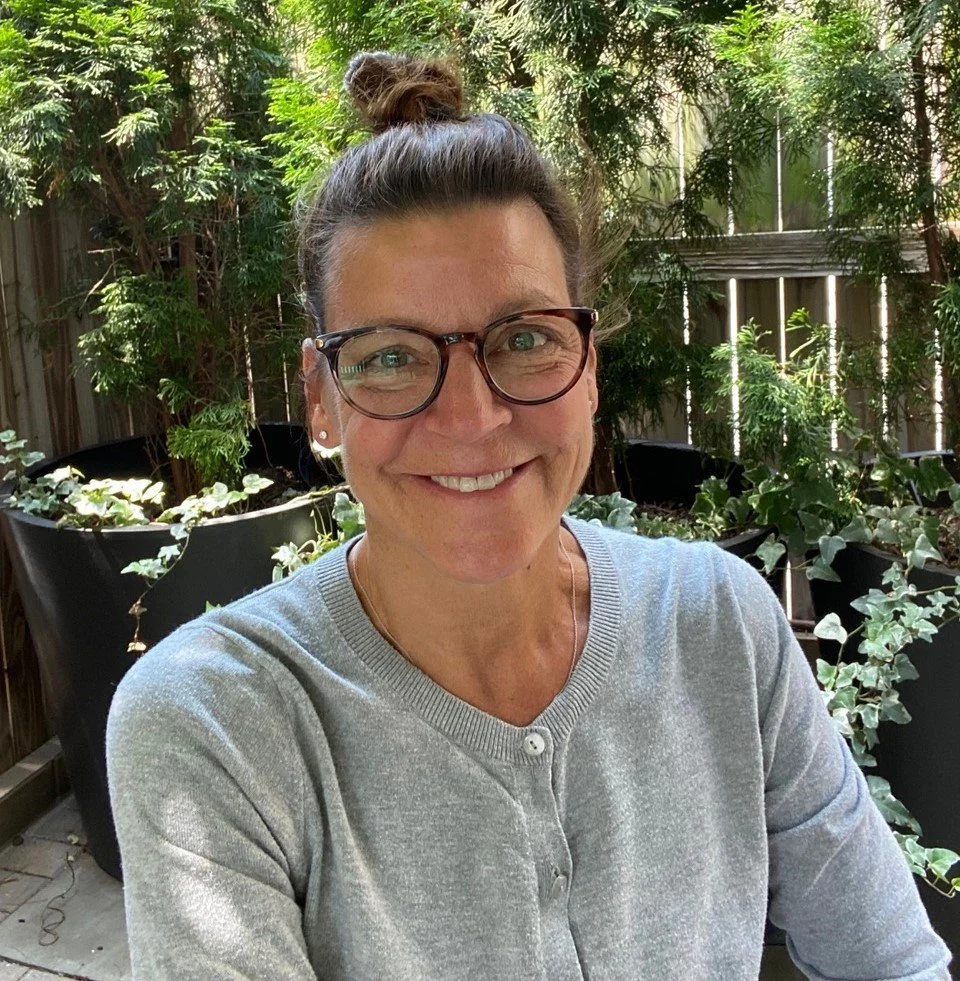Rebuilding European Bridges: Science diplomacy and the Ukraine-Russia conflict
One can only hope that the war imposed by Russia on Ukraine will be brought to an end swiftly, that reconstruction of Ukraine as a sovereign state moves forward unimpeded, and that Russia, with its population of 140 million, will make earnest attempts to rectify its pariah status and re-join the rules-based international community.
When or if this will happen is not clear, but the EU should nonetheless be well prepared for the eventuality. This is true for all policy domains, but in this note we will focus upon the science and technology programmes of the EU and make some suggestions on how to use the instruments of science diplomacy for rebuilding the Ukrainian science system and reintegrating Russian scientists in the world science system, including the support of renewed scientific cooperation between Russia and Ukraine.
The High Seas Treaty heralds a new era of global ocean governance
Peggy Rodgers Kalas, environmental lawyer and ocean policy advisor, discusses the recently finalized High Seas Treaty to protect marine life in international waters – and what is required to implement it.
Functioning (r)evolution: from vision to practice
Aleksandra Posarac, former World Bank economist, discusses the slow adoption of the WHO concept of 'human functioning' into medical care and how this could be overcome through its inclusion into disability assessment.
Getting a grip on data and Artificial Intelligence
Data and Artificial Intelligence (AI) are strategic assets for any society. They require global regulation and an International Data and AI agency. We would like to instigate a series of responses from a broad range of stakeholders to this global challenge
Frontiers Policy Labs: Global challenges, science diplomacy
We face global, existential threats. From health emergencies to climate change, we see and feel them now. These threats can be managed and reversed. But that will require political will, global collaboration, and scientific breakthroughs at a scale not yet seen. Three experts shine a light on the missing links between science and international diplomacy. They ask how we can grow consensus when public trust in science and politics is fragile. And they make the case for science diplomacy.
Science diplomacy: Maintaining a global perspective
The world faces some stark, geopolitical challenges. To tackle them we will need to draw on new, multilateral systems of cooperation and collaboration. A fundamental redesign of these multilateral systems is overdue – one that prioritizes the protection of the planet, together with humanity’s very survival. To succeed, any such redesign must optimize our ability to share, understand and apply scientific insight and evidence. The application of that scientific insight and evidence is the starting point for science diplomacy.
Policy shifts for evolutionary medicine
Prof Rees Kassen, evolutionary biologist at the University of Ottawa and working at the interface between science, society, and policy, considers how evolutionary medicine can overcome a conservative research ecosystem – and so enter into standard healthcare practices and policy development.
Organoid intelligence: society must engage in the ethics
Prof Julian Kinderlerer of the University of Cape Town explores ethical and legal issues around the use of brain organoids that may develop cognitive properties, such as human dignity and rights of both donors and organoids.
Global science for global challenges: paths towards securing international scientific collaboration
Realizing effective scientific collaboration among nations is not an easy task. The trends we identified in the first paper of this series are a snapshot of the landscape of scientific collaboration. Taken together, they shine light on specific areas requiring attention to maximize the benefits of collaboration. While the dynamic nature of research and the complexity of the geo-political landscape makes it challenging to point to any single factor or policy that a country, company, or funder could change to support effective scientific collaboration, some general pathways to supporting international collaboration are clear.
The Gulf of Aqaba’s Reefs of Hope: Assigning World Heritage Status to the Coral Reefs of the Gulf of Aqaba, Northern Red Sea
A group of leading marine scientists led by Prof. Ove Hoegh-Guldberg have collaborated to publish a science-policy paper explaining the urgent need for effective “coral reef diplomacy” and international coordination to secure the future of the coral reefs of the Gulf of Aqaba in the Northern Red Sea. This paper explains how these unique reefs are threatened by both a changing climate and other human-induced environmental damage, and why urgent action is needed to ensure their sustainable development and to protect the livelihoods of millions of people.




















